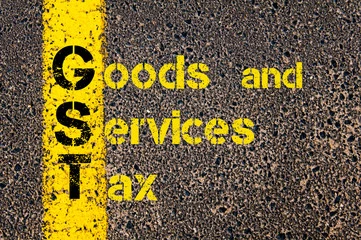Panchayat and municipalities are considered as the third tier of governance in this country, so after Union and States, it is an important organ of institutional governance in the country.
GST has not left this important organ unattended.There is a huge responsibility given to the panchayat and municipalities, especially in the context of entertainment industry.
Earlier, entertainment tax was a State subject, which meant that entertainment tax was to be collected by the States. This has been modified in the GST regime. Entertainment is a subject which has been vested in the panchayat and municipality. Therefore, any GST on an entertainment would be in terms of how it is administered, namely collected by the panchayat and municipality.
Yes there will be overarching guidelines by the State Governments but then as per the Constitution, it is the role of the panchayat and the municipality in respect to collection of GST on entertainments.
Additionally, panchayat and municipality have also been endowed with the taxation function. In terms of the 73rd Amendment of the Constitution, there were certain taxation rights which were given to panchayats and municipalities. In terms of these, they are authorised to collect and levy certain taxes in terms of their defined responsibilities.
And it is here that a fine tuning and a balance will be required by the panchayats and the municipalities to ensure that the harmonised structure of GST is not disturbed on account of the taxes which they impose.
Technically, it is possible that the panchayats and municipalities adopt varying and different rates for GST but it is expected that GST is a reform they would be guided by certain principles and guidelines which are either enforced through the GST Council mechanism or via the State Governments whereby there is harmony and fine tuning in the implementation and collection of these taxes.

